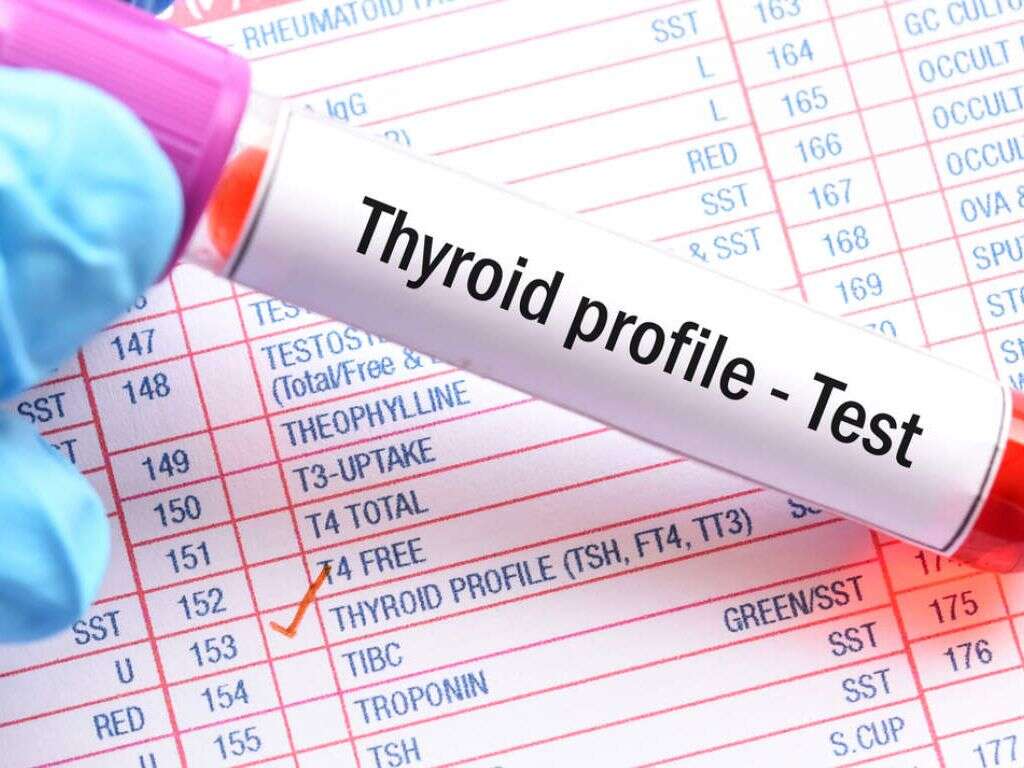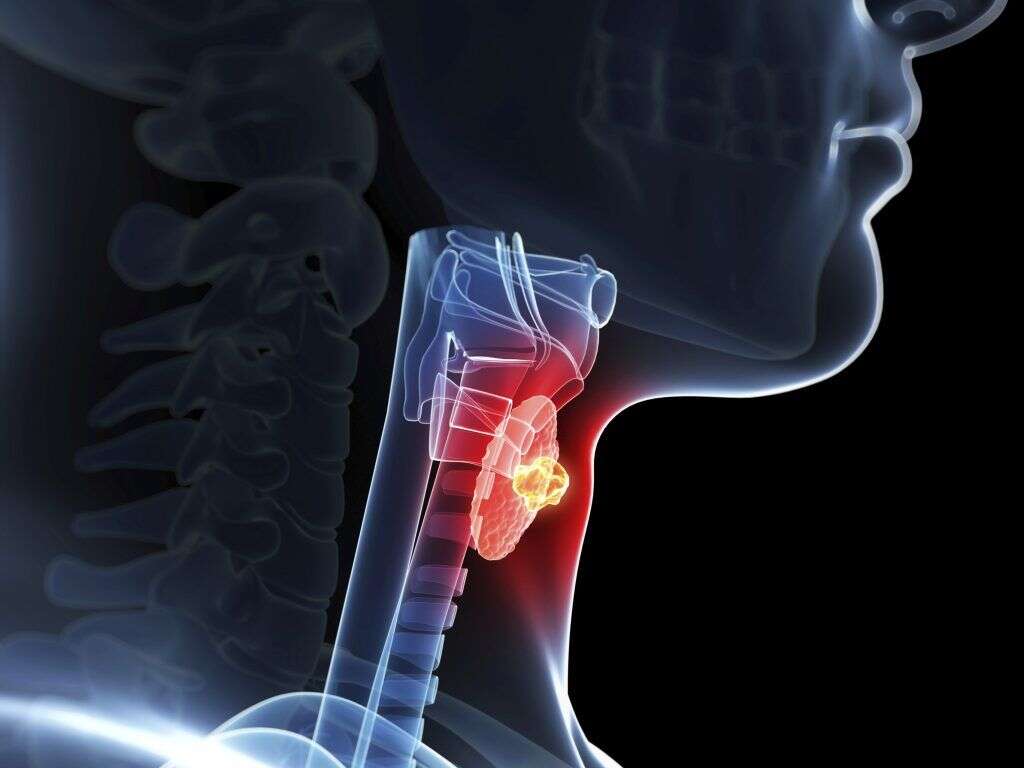10 Myxedema Symptoms
 Article Sources
Article Sources
- 1. 'Hypothyroidism (Underactive Thyroid).' Mayo Clinic, Mayo Foundation for Medical Education and Research, 19 Nov. 2020, www.mayoclinic.org/diseases-conditions/hypothyroidism/symptoms-causes/syc-20350284.[](https://www.mayoclinic.org/diseases-conditions/hypothyroidism/symptoms-causes/syc-20350284)
- 2. CR;, Wall. 'Myxedema Coma: Diagnosis and Treatment.' American Family Physician, U.S. National Library of Medicine, pubmed.ncbi.nlm.nih.gov/11130234/
- 3. Junuzović-Žunić, Lejla, et al. 'Voice Characteristics in Patients with Thyroid Disorders.' The Eurasian Journal of Medicine, The Eurasian Journal of Medicine, June 2019, www.ncbi.nlm.nih.gov/pmc/articles/PMC6592446/
- 4. S;, Tagoe CE;Zezon A;Khattri. 'Rheumatic Manifestations of Autoimmune Thyroid Disease: the Other Autoimmune Disease.' The Journal of Rheumatology, U.S. National Library of Medicine, pubmed.ncbi.nlm.nih.gov/22505695/
Intolerance of Cold and Hypothermia
Many myxedema symptoms are more advanced symptoms of hypothyroidism. This includes intolerance to cold, which is more exaggerated and more common in myxedema. This intolerance is typically driven by the drop in body temperature (hypothermia) that can occur in many myxedema cases.
Because the body is already colder than normal, patients are more sensitive to cold temperatures. Sensitivity to cold is not always a sign of myxedema, but in combination with other symptoms, it may be telling.
Advertisement










